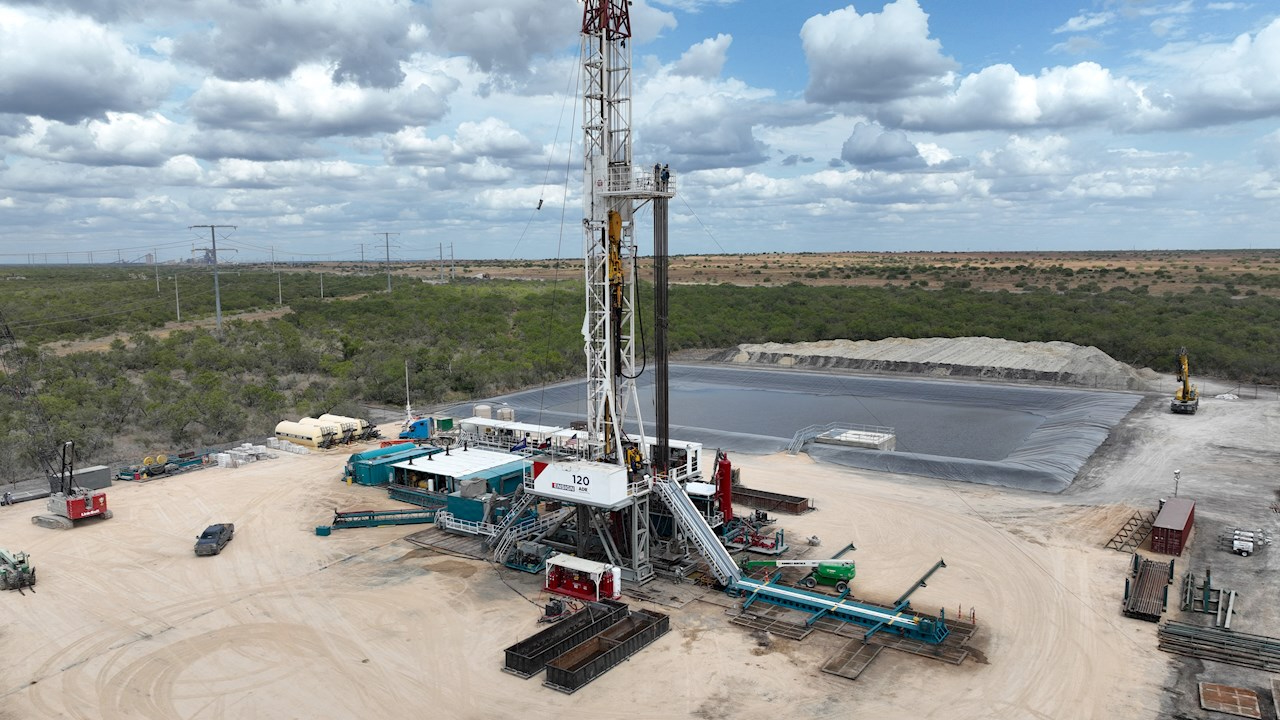Archives
Business, Feature, Freight News
ABB, Sage Unearth Geothermal Energy Potential
[ February 28, 2025 // Gary G Burrows ]ABB, the Swedish-Swiss electric engineering corporation, and Sage Geosystems, a leading geothermal baseload and energy storage company, have agreed to collaborate on developing energy storage and geothermal power generation facilities that utilize natural heat from the earth’s core to produce clean electricity.
The collaboration will allow ABB to support Sage’s agreement with Meta, the parent company of Facebook and Instagram, to deliver up to 150 megawatts of geothermal baseload power at a U.S. location east of the Rocky Mountains. The first phase of the project is expected to be operational by 2027.
Under a memorandum of understanding with Sage, ABB will investigate how its automation, electrification and digital technology can be deployed at geothermal sites worldwide, to maximize energy efficiency and reliability. This may include supplying a distributed control system, electrical infrastructure architecture, and digital solutions such as asset performance management, process optimization and cybersecurity systems, ABB said. The partnership could also potentially develop solutions for Sage’s energy storage technology, which can be paired with intermittent renewable resources such as solar and wind.
“Unlike traditional renewable energy sources, geothermal solutions, including energy storage and baseload power generation, can provide an on-demand source of clean energy that is available 24 hours a day, 365 days a year,” said Cindy Taff, CEO of Sage Geosystems.
Geothermal energy could be an important contributor to the future energy mix, with enhanced geothermal systems emitting little to no greenhouse gases. The geopressured geothermal systems, or GGS, process involves pumping fluid at pressure into a man-made subsurface reservoir. After the stored water is heated to more than 150°C and, leveraging pressure or mechanical energy, it can be released back to the surface to pass through heat exchangers and turbines to generate low-carbon electricity.
In the U.S. alone, it is thought that geothermal energy could capture enough natural heat resources to power more than 65 million homes.
“To be able to exploit the potential of geothermal energy to enable a low-carbon society, we need cross-industry collaborations to drive advancements in the technology,” said Per Erik Holsten, president of ABB Energy Industries.
Geothermal energy is expected to grow from its current 0.3 percent share of the world’s power supply, according to Rystad Energy3. Installed geothermal capacity, currently at 16.8 gigawatts, is forecast to expand to 28 GW by 2030 and 110 GW by 2050 and attract more than US$120 billion in investments through 2035.

Tags: ABB, Sage Geosystems







